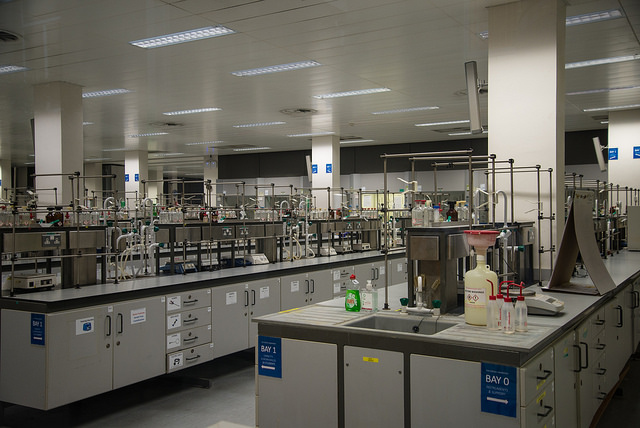Trinity’s new research centre has had their funding application to Science Foundation Ireland (SFI) approved. However, the new centre will have to wait to wait for the government to increase the science and research budget to receive the funding.
It was announced today that the funding application for the INNATE Inflammation and Immunology Research Centre, along with seven other new research facilities across the country, was approved by the state funding group. However only four will receive a collective €72 million now, over the next four years, as SFI seeks a bigger budget from the government to support the other four, including INNATE, over the next six years.
These four facilities have over 100 partnerships with companies that have committed €60 million in funding to the centres. Speaking about the decision in a press statement, Prof Mark Ferguson, Director General of SFI and Chief Scientific Advisor to the Government of Ireland said: “We need to be ambitious and invest in areas of real potential to ensure our future economic competitiveness.”
“Over the coming months we will be working to seek additional funding to support these four SFI Research Centres that have been approved in principle. I am greatly encouraged by the high quality of research and the significant level of industry and international engagement in the proposals”, Ferguson continued.
The funding from SFI will fund the setup of the new centre, which will include the refurbishment of a space in Trinity Biomedical Sciences Institute (TBSI), where the centre will be based.
INNATE will set out to research the immune system and inflammation. Inflammation is the reaction our body has in fighting infection, that can also, when misdirected, lead to diseases such as arthritis.
Trinity’s other research institutes funded by SFI include the Centre for Future Networks and Communications research (CONNECT), the Centre for Advanced Materials and Bio-Engineering Research (AMBER) and ADAPT, which specialises in digital technology. They collaborate with industry and other researchers across the world.
At a meeting of Trinity’s Finance Committee in December, the committee committed to aiding the refurbishment of the space in TBSI as Trinity’s contribution to the new facility. However, any additional rental costs for extra space that’s needed will come from INNATE.
At the meeting, the committee also noted that INNATE should seek financial support from the Faculty of Health Sciences, should the application be successful. They also said that the Faculty of Health Sciences should make a contribution to the refurbishment of the space in TBSI.
SFI gave Trinity €2.4 million in funding, in February, towards the development of the College’s infrastructure, and numerous principal investigators. In 2015/16 SFI made up 46 per cent of Trinity’s total research income, contributing €44.2 million that year. This was nearly €10 million more than the year previous.
The four new SFI centres announced today, and to be formally launched in September 2017, will specialise in smart and innovative manufacturing, alternatives to fossil fuels and diagnosis and treatment of chronic and rare neurological diseases. Two of the new centres will be in University College Dublin (UCD) and then one in the University of Limerick and the final centre will be in Royal College of Surgeons Ireland (RCSI).







